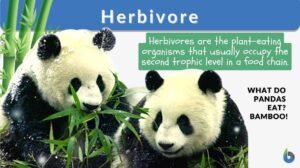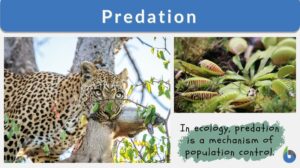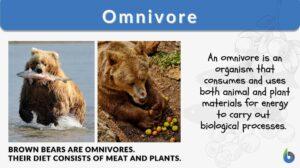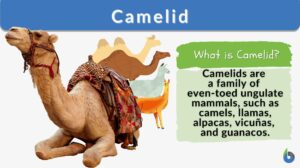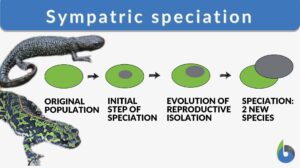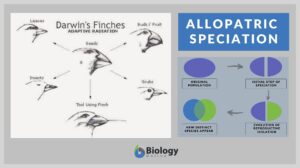11 results found
Search Results for: herbivorous
SENI Biometric Analysis on the extinct Scincidae species: Macroscincus coctei (underlined)
Brian L. Schnirel Leeway Corucia Research Center (LCRC) Courtesy: Polyphemos (2004) Introduction: It has been... Read More
Sympatric speciation
Speciation is a process of evolution through which two different existing populations evolve and a distinct species form. It... Read More
Fermentation
Fermentation Definition What is fermentation? Fermentation is the breaking down of sugar molecules into simpler compounds... Read More
Primary productivity
Planet Earth is home to different types of life forms ranging from microscopic bacteria to giant whales and elephants. To... Read More
Allopatric speciation
We can define speciation as a process by which the novel genetically independent group of organisms are formed through the... Read More
